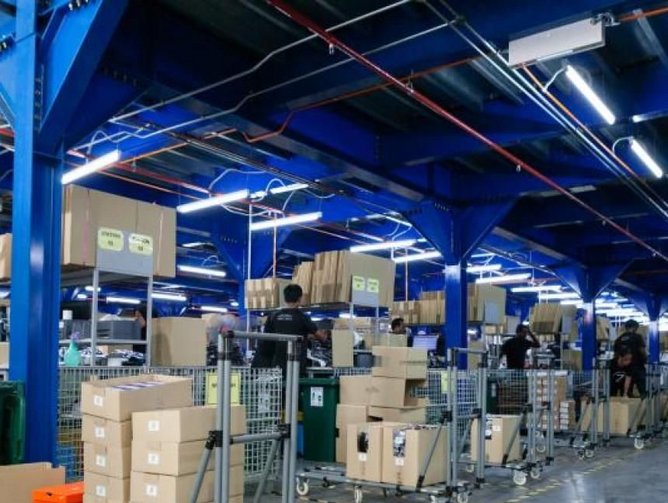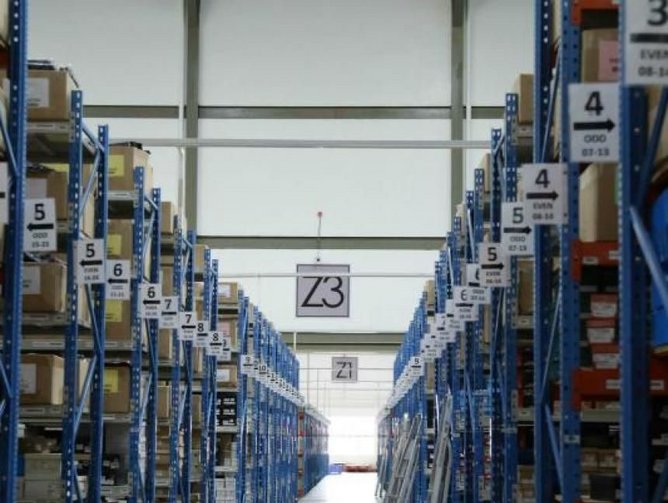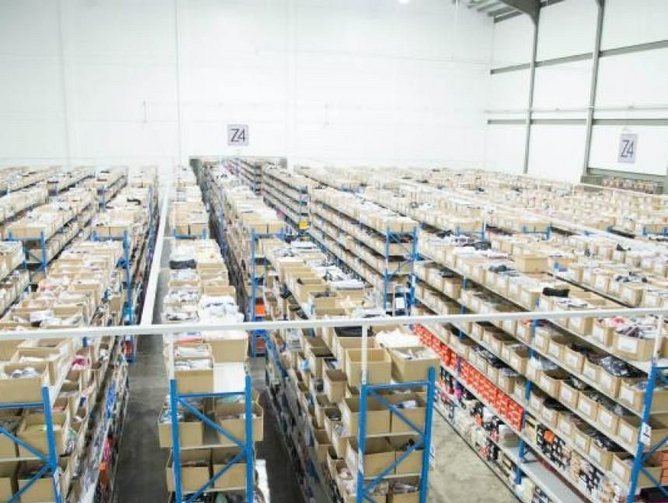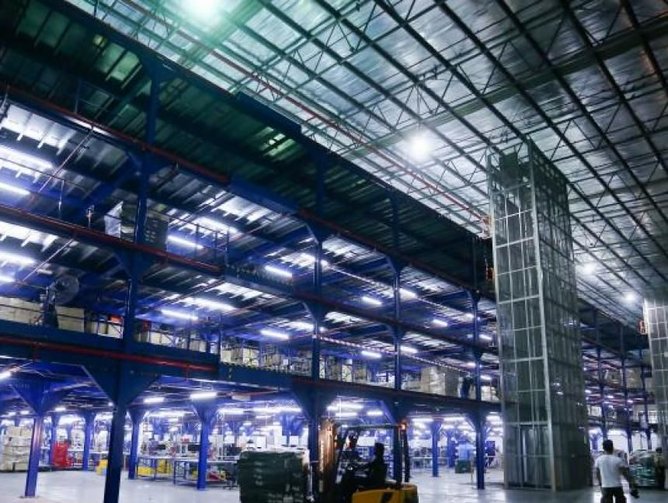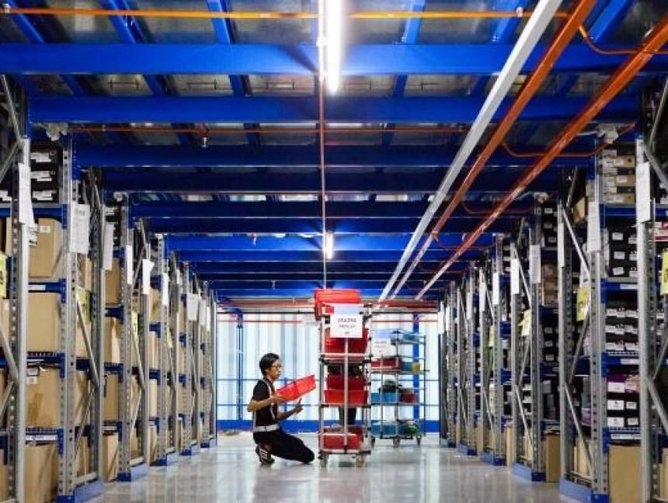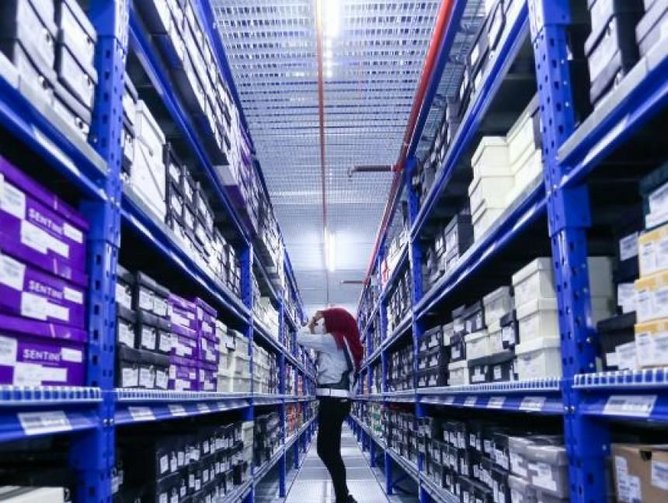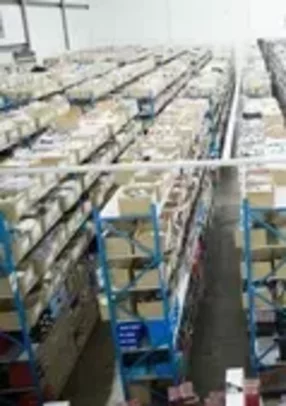As fashion trends change by the hour, one thing remains constant for ZALORA Group – the ability to adapt. ZALORA has achieved success in this industry, meeting the demands of different markets, through carefully delivering a responsive, locally-relevant supply chain, transforming old operational models.
Not only has the company strengthened an already renowned brand name in the region, it has also been able to pass benefits on to its customers. Business Review Australia & Asia speaks to Regional Operations Director Alessandro Durì about how ZALORA has effected this change and discusses the impact this has had for both the business and its customers.
Operations
As the fastest growing online fashion retailer in Asia, ZALORA adds hundreds of new products every week to its 100,000-strong offering. These include top brands in men’s and women’s clothes, shoes, accessories, sporting gear and beauty products. It sells the majority of these via its extensive online shop and mobile app to customers in seven countries across Asia. Not only has the company developed a strong presence in each of these countries, it has managed to achieve this in the face of a rapidly maturing and evolving market, where competitors close to the point of manufacture are all fighting for the same consumers.
Duri charts the journey ZALORA has taken to reach critical mass: “When we arrived the industry was definitely very far away from where an eCommerce industry should be. The learnings from developed e-comm markets like US or China had not reached the market yet, so there was a lot of ground work that needed to be done.”
Since then the company has set about aligning its operations to suit both the nuanced fashion demands of the markets its serves while developing a supporting supply chain that is not only functional but also brings new competitive layers to the business.
Supply chain and transformation
Transforming ZALORA’s supply chain had to be approached from multiple angles, starting with the consolidation of its distribution centres into a single operation in Malaysia serving the majority of its markets. “The key here is integration, on top of traditional e-commerce warehouse management systems and technology to manage our fulfilment centres,” notes Duri.
“The consolidation of our operation around a main hub based out of Malaysia was a great success for ZALORA. Despite major infrastructural changes in the order fulfillment, customer experience has remained untouched and our customers didn't even perceive the change.
“We kept on delivering the next day to all destinations exactly the same amount of orders we were doing the day before. This was a great team achievement and unique result in the e-commerce sphere made possible not only by the strong dedication of many Zalorians but also by our partners who supported us day and night.”
The company’s integration drive has benefited knowledge sharing with more developed economies and eCommerce markets: “ZALORA is part of a wider eCommerce fashion group; we share knowledge with our sister companies in Russia, Brazil, Middle East and Australia.”
Technology also plays a pivotal but sometimes difficult to manage role, Duri explains: “We have the delivery data in our system, so that at any point in time we can provide visibility to our customers related to where their order sits.
“The industry generates a tremendous amount of data and it can be very challenging to put it all together. Integrating the various forms of system and data feeds into our databases and making them available to our customers is definitely a differentiation point with respect to competitors in this part of the world.”
Thinking local
“We have a very local footprint,” says Duri. “That is one of the key competitive advantages that we have in the market.” And this is no mean task. Given that not all of the countries covered by ZALORA can be reached by global logistics companies – not to mention patchy infrastructure connections – delivering world class order fulfilment becomes challenging.
But the challenge has been surmounted. “We've managed to partner with local logistics providers on our own in order to reach every corner of the country and provided a nationwide location delivery option to all customers,” Duri explains. “We cover first and second tier cities with our own fleet and then we partner with the local delivery providers that are key in order to have the best level of service and integration for our customers.”
And ZALORA’s plan isn’t to simply use local suppliers to fulfil a need – the company is actively engaging with them in order to enhance their capabilities. Duri says: “Across Southeast Asia, for example, on top of building our own delivery fleet, we partnered and integrated into our data system more than 20 local providers assuring comparable service level and an enhanced offering to all our customers, no matter where they are located.
“Cash on delivery was another example. Back in 2012 only very few last mile delivery providers wanted to offer cash on delivery to customers. We patiently started with one of them, discussed and jointly developed the processes together and showed him that was actually possible to perform this service at scale.
“In a short time this allowed us to be different to everyone else in the market and it became a virtuous cycle in the logistics industry. They see that together you can achieve certain results, and this allows you to raise them up to the next level.”
Alongside massively improved next day delivery services (more than half of the orders are delivered on the next working day across all Southeast Asia), ZALORA’s local strategy has enabled a number of other key business benefits. By partnering with local convenience stores, the company has been able to offer customers free collections and returns, affording them an unprecedented level of service and choice.
“There is an educational component that we need to bring to markets with very low eCommerce penetration; we tried to build this confidence in the industry also through these added services. Convenience stores are a big request, especially in capital cities where the working hours are longer and customer wants to have something more convenient for when they are not at home,” Duri adds.
Having transformed its supply chain without compromising its dedication to the constantly evolving expectations of the modern fashion customer, ZALORA has found the sweet spot for supply chain management. Not afraid to invest in its partners in order to consistently meet customer expectations, the company’s future in Asia is assured.
